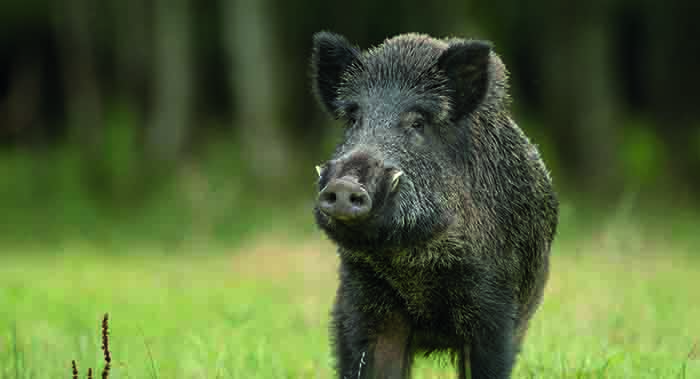The slaughter of half of China’s pigs due to African swine fever has helped drive world food prices to a two-year high.
The United Nations said that global food prices rose significantly in November, up nearly 10% on the same month last year, pushed up by a combination of rising meat and vegetable oil prices.
NewScientist reported that between October and November this year, meat prices jumped by 4.6% on the UN Food and Agriculture Organisation’s (FAO) meat price index, the biggest month-on-month rise for more than a decade.
One reason is that China has increased its imports of meat other than pork to fill the gap left after many of its domestically produced pigs were killed due to ASF. World food prices rose the most for beef and mutton, the FAO said, buoyed by strong demand for imports, particularly from China as end-of-year festivities approach.
A spokesperson for the FAO said: “African swine fever is obviously a huge reality in the world. It has pushed up the meat index over the course of the year. And it has led to China importing a lot of other meat, also pushing up prices,”.
Between January and October, pork imports to China were up 49%, and beef imports 54%. However, while this has contributed to the food price rises announced today, the effect is limited by the fact that Chinese imports are dwarfed by the country’s domestic production. Some of the gap in pig production due to ASF has been filled by ramped-up domestic poultry production.




